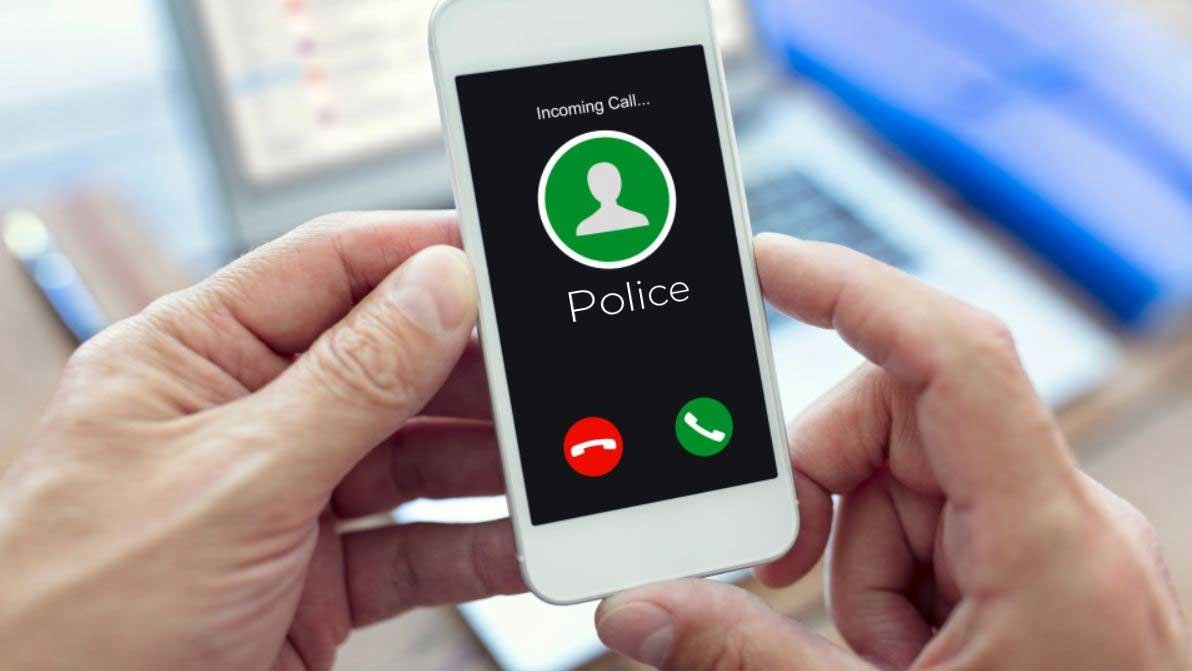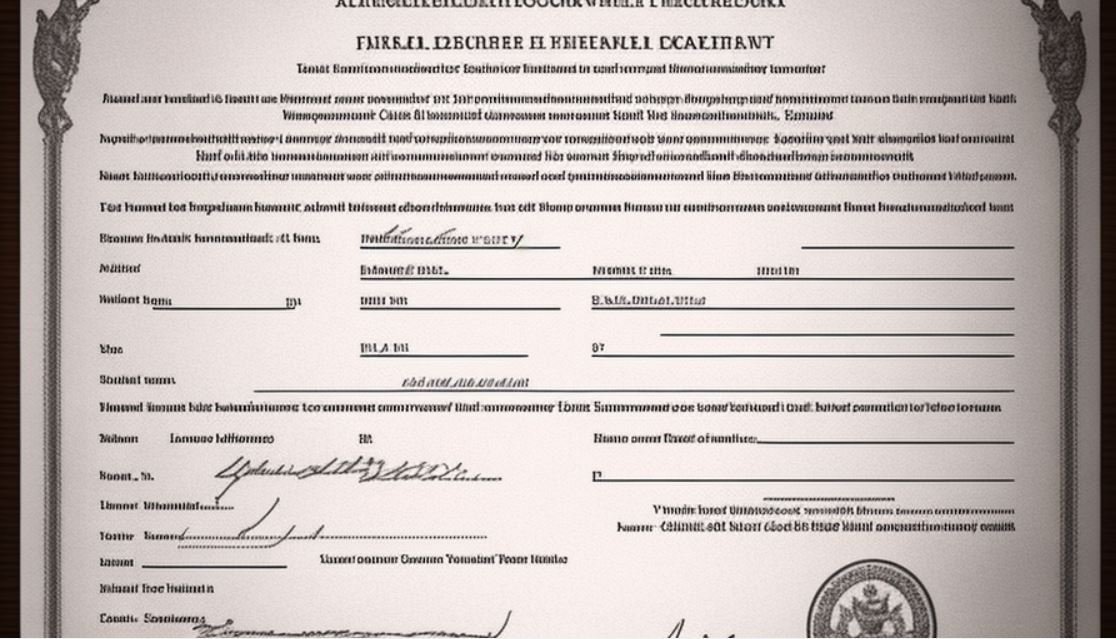How To Tell if the Police are Investigating You
There are times when you may suspect that the police are investigating you, but you're not quite sure.
It's an unsettling feeling, and it's essential to know how to identify the signs of a police investigation to protect your rights and take appropriate action.
In this blog post, we'll discuss the various indicators that may suggest law enforcement is looking into your activities, and what you should do if you believe you are under investigation.
Short answer: The following are good indicators that the police are investigating you:
Unusual contact from the police
Strange interactions with strangers who could be informants or undercover cops
Noticeable surveillance
Search warrants and seizures
Subpoenas and court orders
Interviews with friends, family, and colleagues
Arrests of close associates
Gut instinct
Keep reading to learn what you should do in each of these scenarios, plus a few additional indicators.
Related Questions
-
Being investigated means that law enforcement agencies are gathering information and evidence to determine if someone has committed a crime or violated the law.
An investigation can involve a variety of methods, including surveillance, interviews with witnesses or suspects, and the collection of physical or digital evidence.
-
It can be difficult to know if you're part of an investigation as law enforcement agencies generally do not disclose information about ongoing investigations.
However, some signs that you might be under investigation could include receiving subpoenas or search warrants, being questioned by law enforcement, or being contacted by government agencies.
-
Similar to the previous question, it can be challenging to know if someone is under federal investigation as law enforcement agencies generally do not disclose information about ongoing investigations.
However, some possible indicators that someone is under federal investigation could include the individual being questioned by federal law enforcement, being contacted by government agencies, or having their bank accounts frozen or assets seized.
-
The length of time that undercover police can follow someone depends on the circumstances of the investigation and the specific laws in the jurisdiction where the investigation is taking place.
In general, law enforcement agencies must have probable cause and obtain a warrant to conduct surveillance of a suspect, but the length of time that the surveillance can occur is not explicitly defined.
However, without a warrant, undercover police can only investigate you for 24 hours.
-
Police may knock on your door for a variety of reasons, including conducting a welfare check, serving a warrant, following up on a complaint or a report of suspicious activity, or seeking information related to an investigation.
-
It can be challenging to know if your phone is being monitored by the police, as law enforcement agencies generally do not disclose information about ongoing investigations.
However, some signs that your phone might be under surveillance could include the battery draining quickly, unexpected shutdowns or restarts, or unusual sounds during phone calls.
-
Similar to the previous question, it can be difficult to know if your phone is being tapped by the police.
However, some possible indicators that your phone might be tapped could include hearing unusual clicks or static during phone calls, experiencing unexpected drops in call quality or connection, or noticing an increase in data usage.
Unusual Contact from police
One of the most apparent signs that the police are investigating you is when they attempt to make contact with you.
This contact may come in various forms, such as phone calls, emails, text messages, or even in-person visits. They might ask you questions about your whereabouts, your acquaintances, or your activities.
Keep in mind that the police may use different pretexts to make contact with you without revealing the true purpose of their inquiry.
What to do: If you're approached by the police, remain calm and be polite. However, remember that you have the right to remain silent and not answer any questions without a lawyer present. It's wise to seek legal counsel if you think you're being investigated.
Informants and Undercover Officers
In some cases, the police may use informants or undercover officers to gather information about you.
They may befriend you, engage in conversations, or participate in activities with you to learn more about your actions and associations. These individuals might be people you already know or complete strangers.
What to do: Be cautious about discussing sensitive information with people you don't fully trust. If you suspect that someone may be working with the police, avoid revealing incriminating information and contact an attorney for guidance.
Increased Surveillance
Another sign that you're being investigated is if you notice an increase in surveillance around you.
This might include unmarked police cars parked near your home, work, or places you frequent, or unfamiliar people following you.
Law enforcement may also use electronic surveillance, such as wiretaps, to monitor your communications.
What to do: If you believe you're under surveillance, be vigilant and take note of any unusual activity. Avoid engaging in any incriminating behavior, and consult with an attorney about your concerns.
Search Warrants and Seizures
When the police have sufficient evidence or suspicion, they may obtain a search warrant to search your property, home, or vehicle.
This is a strong indication that you are under investigation. If the police execute a search warrant, they may seize items they believe are relevant to their case.
What to do: If the police present you with a search warrant, you must comply. However, you have the right to observe the search and take note of the items seized. Do not interfere with the search, and contact a lawyer as soon as possible.
Subpoenas and Court Orders
Receiving a subpoena or court order requesting you to appear in court or provide specific documents is another sign of an investigation.
A subpoena might require you to testify in a court proceeding, while a court order may force you to turn over certain records or information.
What to do: If you receive a subpoena or court order, consult with an attorney immediately to understand your rights and obligations. Do not ignore these legal documents, as failure to comply could result in further legal consequences.
Interviews with Friends, Family, and Colleagues
The police may also contact people close to you as part of their investigation. They might ask your friends, family members, or co-workers about your activities, relationships, and character.
If people you know inform you that they have been contacted by law enforcement, it's a possible sign that you're under investigation.
What to do: If you learn that the police have contacted people close to you, remain calm and avoid discussing the matter with those individuals. Contact a lawyer to discuss the situation and seek advice on how to proceed.
Public Records and Background Checks
The police may conduct background checks or request public records about you during their investigation. This could include examining your criminal history, financial records, or employment history.
While it's not always easy to determine if the police are accessing your records, you may find out through friends, colleagues, or family members who have been contacted by law enforcement.
What to do: Maintain a clean record and be aware of your digital footprint. If you suspect that the police are investigating your background, consult with an attorney to understand your rights and potential legal defenses.
Social Media Monitoring
In today's digital age, law enforcement agencies increasingly use social media platforms to gather information about suspects.
They may monitor your social media accounts, track your online activities, and even create fake profiles to connect with you. Be cautious about what you post online and the people you interact with on social media.
What to do: If you believe that the police are monitoring your online activities, tighten your privacy settings and limit the information you share on social media. Refrain from posting anything incriminating or controversial, and consult with an attorney about your concerns.
Arrests of Close Associates
If the police arrest someone closely associated with you, it could be an indication that you're also under investigation.
Law enforcement might believe that you are involved in the same illegal activities or that you have information relevant to their case.
What to do: If someone close to you is arrested, avoid discussing the matter with them or anyone else, as these conversations could be monitored. Contact a lawyer to discuss the situation and determine whether you need to take any legal action to protect yourself.
Gut Instinct
Sometimes, your intuition can be a reliable indicator that something is amiss. If you have a persistent feeling that you're being watched or that the police are investigating you, it's crucial not to ignore those feelings.
What to do: Trust your instincts, and consider reaching out to a legal professional to discuss your concerns and understand your rights. An attorney can help you determine whether you're under investigation and guide you on the best course of action.
Conclusion
Being under police investigation can be a stressful and uncertain experience. Recognizing the signs of an investigation and knowing how to respond is critical to protecting your rights and ensuring the best possible outcome.
If you suspect that you are being investigated, always seek legal counsel to navigate the complex legal landscape and defend your rights effectively.

















Inside the Investigation: A Deeper Dive into Police Detective Benefits